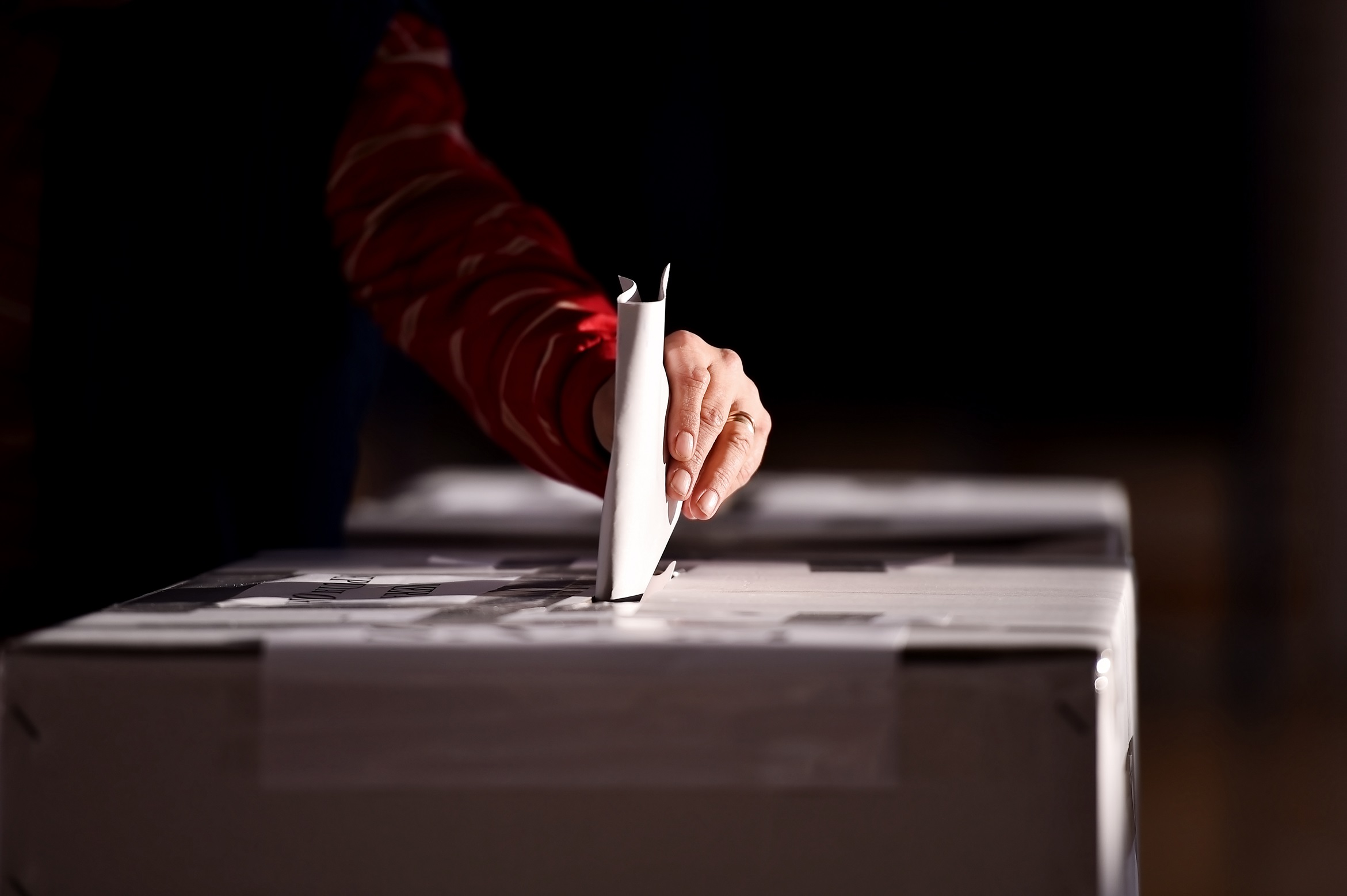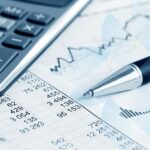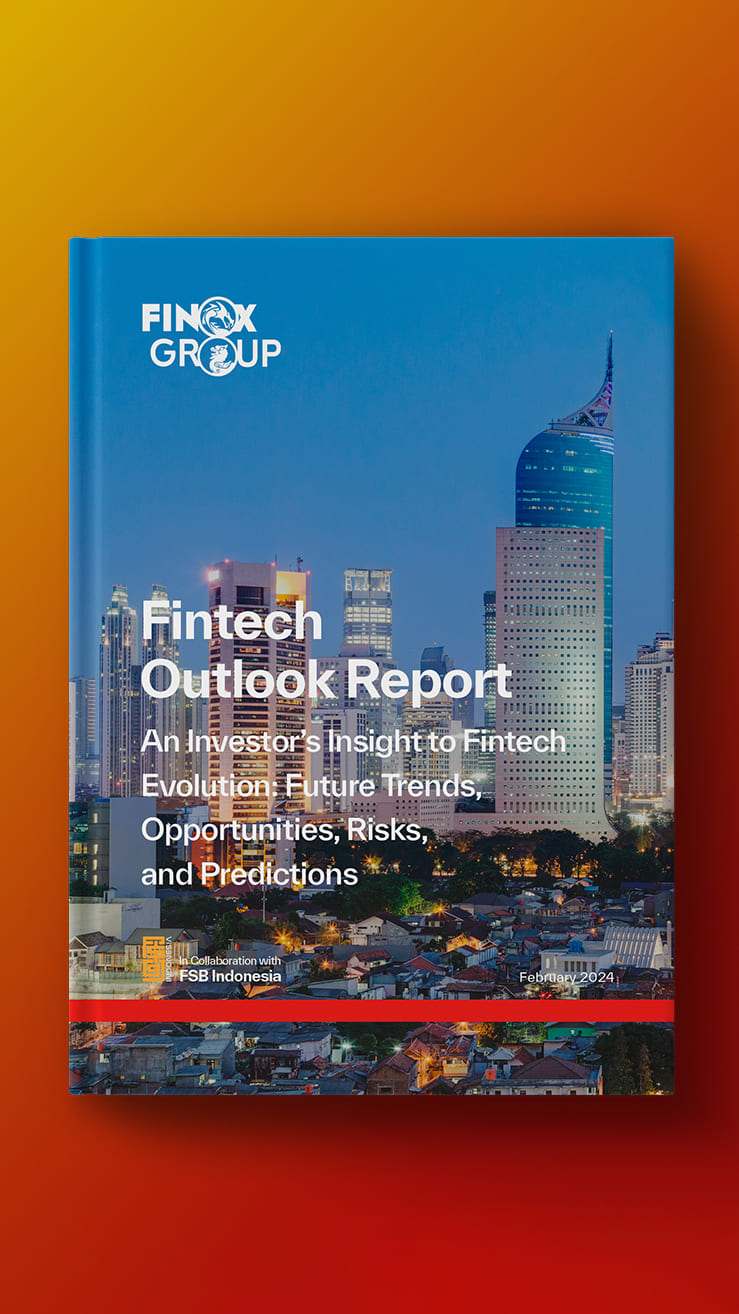
Key Points :
- Factors such as political uncertainty, new government policies, and market sentiment can influence public investment interest before and after general elections.
- General elections significantly impact market dynamics and investment interest in the Indonesian stock market, as evidenced by increased trading volume and fluctuations in stock index prices before and after elections.
General elections, the cornerstone of democracy in countries like Indonesia, not only determine the leadership for the years ahead but also shape the future trajectory of a nation. The visions and missions of aspiring leaders serve as more than just assurances for development, resource allocation, and policy decisions; they also dictate the sustainability of economic growth. This ripple effect extends to influencing the interests of both the public and corporate sectors in investment. The transition of power triggers shifts in investment dynamics, impacting various instruments such as stocks, mutual funds, peer-to-peer lending, and beyond.
Several factors can influence the investment decision-making interest of individuals or corporations in allocating their funds, such as:
- Political Uncertainty: The period leading up to elections is often marked by political uncertainty. This can make investors hesitant and postpone their investments.
- Government Policies: New policies announced after elections can provide opportunities or risks for investors, thus influencing investment interest.
- Market Sentiment: News and market sentiment related to elections can affect investor confidence and investment interest.
Elections can significantly influence market dynamics and investment interest among both the public and institutions. This is evident in the table below, which tracks changes in stock prices and trading volumes in the Indonesian stock market before and after elections.

In the data, it is evident that the Indonesian stock market experienced a significant increase during the second round of the 2004 elections, marked by more than a doubling in trading volume. This underscores the strong impact of political events, such as general elections, on the financial markets. The surge in trading volume can serve as an indicator of heightened investment interest within a certain scope. With this increased volume, it can be interpreted that there was a significant interest in investment during that period. Therefore, the rise in trading volume becomes a crucial metric in evaluating the extent to which elections influence investment interest in the stock market.
The election has an indirect impact on the stock market, evidenced by fluctuations before and after the event. Significant index price increases occur around election periods, reflecting short-term influence on investor sentiment and market dynamics. Investors may adjust positions and strategies in response to election outcomes, altering market behavior. Recognizing these patterns aids investors in making informed decisions and managing risks during political uncertainty.
Political dynamics significantly influence investor behavior and market performance, evident in stock market fluctuations surrounding elections. Despite breeding uncertainty, understanding this interplay empowers investors to make wiser decisions and manage risks effectively. By monitoring market reactions to political events, investors can craft adaptive trading strategies, aiding in achieving long-term investment goals.










